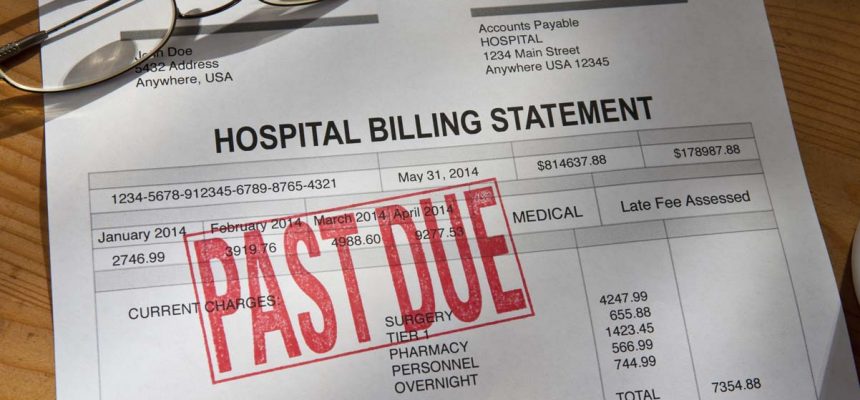An $80,000 Surprise Bill Points to a Loophole in the No Surprises Act
By Consumers For Quality Care, on March 2, 2022

A California couple, whose surrogate delivered twins early due to a medical emergency, received an $80,000 bill as a result of the insurance company exploiting a loophole in the recently enacted No Surprises Act, according to Kaiser Health News.
Greg and Sugar Bull worked with a gestational surrogate to deliver their twins. The pregnancy went well until April 2020, when the surrogate experienced high blood pressure and other symptoms of preeclampsia. The doctors then ordered an emergency delivery at 34 weeks’ gestation, resulting in both infants spending more than a week in the neonatal intensive care unit.
Despite the Bulls and the surrogate having their own health insurance, the Bulls found themselves in a loophole that exists in the No Surprises Act. The current law provides that patients cannot be charged out-of-network prices for emergency procedures. However, the Bulls’ health insurance said it lacked documentation that the NICU care for the twins qualified as a “medically necessary” emergency.
Originally, the gestational surrogate was admitted to obstetrics by her doctor without going through the emergency department. This prompted the Bulls’ health insurance company to initially conclude there was no emergency, said Dylan Kirksey of Resolve Medical Bills, a consultancy that eventually worked with the Bulls to resolve the claims.
The Bulls were caught in the middle between their health insurance company and the hospital to prove that the delivery was a medical emergency. For emergency medical procedures that are not initially coded as such, insurance experts urge patients to immediately appeal the decision to the insurance company, a process the law requires to be available. Patients can also turn to their state insurance board, state attorney general’s office, or the No Surprises Help Desk if their appeal fails.
Loopholes like these must be addressed by lawmakers and regulators to ensure consumers are never saddled with crippling medical expenses through no fault of their own.




